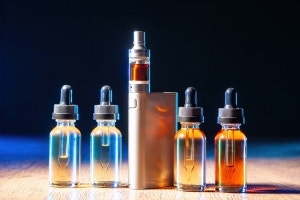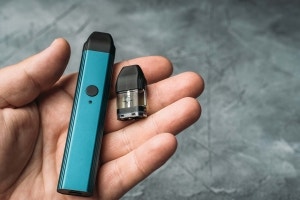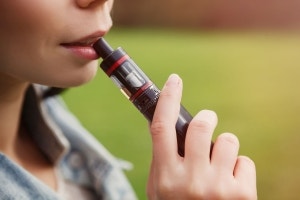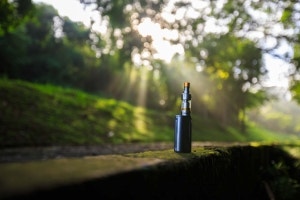Maximizing the Effects of CBD: How Long Does It Last?
There are a lot of variables that can impact on how long CBD's effects last.
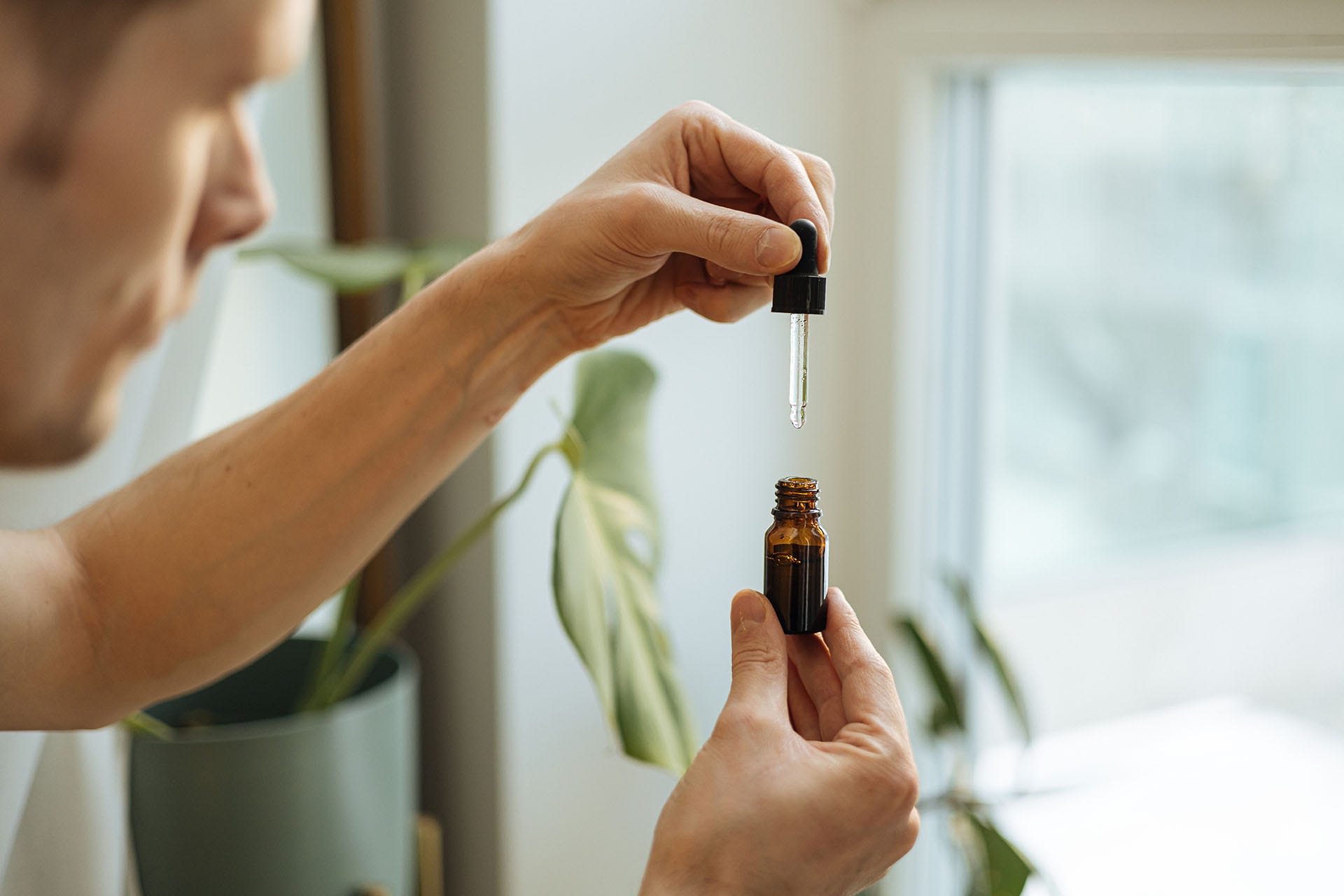
CBD, or cannabidiol, has risen to prominence in the wellness industry due to its potential therapeutic effects. As a compound derived from the Hemp plant, it has been researched for its potential role in alleviating symptoms of various health conditions. However, when considering CBD for the first time, many questions arise in the minds of prospective users.
They're curious about its effects, how long they last, and what factors influence these effects. They also want to understand the timeline of how long CBD stays in their system after consumption. This guide aims to provide comprehensive answers to these questions, helping first-time users make informed decisions about CBD use.
The basics of CBD
CBD, or cannabidiol, is a naturally occurring compound extracted from the Cannabis Sativa plant, more commonly known as hemp. This plant has been utilized for its versatile properties for thousands of years, but it's only in recent decades that CBD has gained international renown. Unlike its close relative, THC (tetrahydrocannabinol), which is also derived from the hemp plant, CBD does not induce a psychoactive effect or 'high.'
Instead, it's lauded for its potential therapeutic benefits, including pain relief, anxiety reduction, and sleep improvement. This broad spectrum of potential advantages, coupled with its non-psychoactive nature, has catapulted CBD into the limelight, making it a highly sought-after component in the wellness and health industries globally.
Though it's important to remember that CBD research is still in its infancy, and within the UK, CBD is not legally sold with any medical benefits or claims. CBD should only be used as a wellness supplement and not to treat any medical condition as medical benefits have not yet been definitely decided.
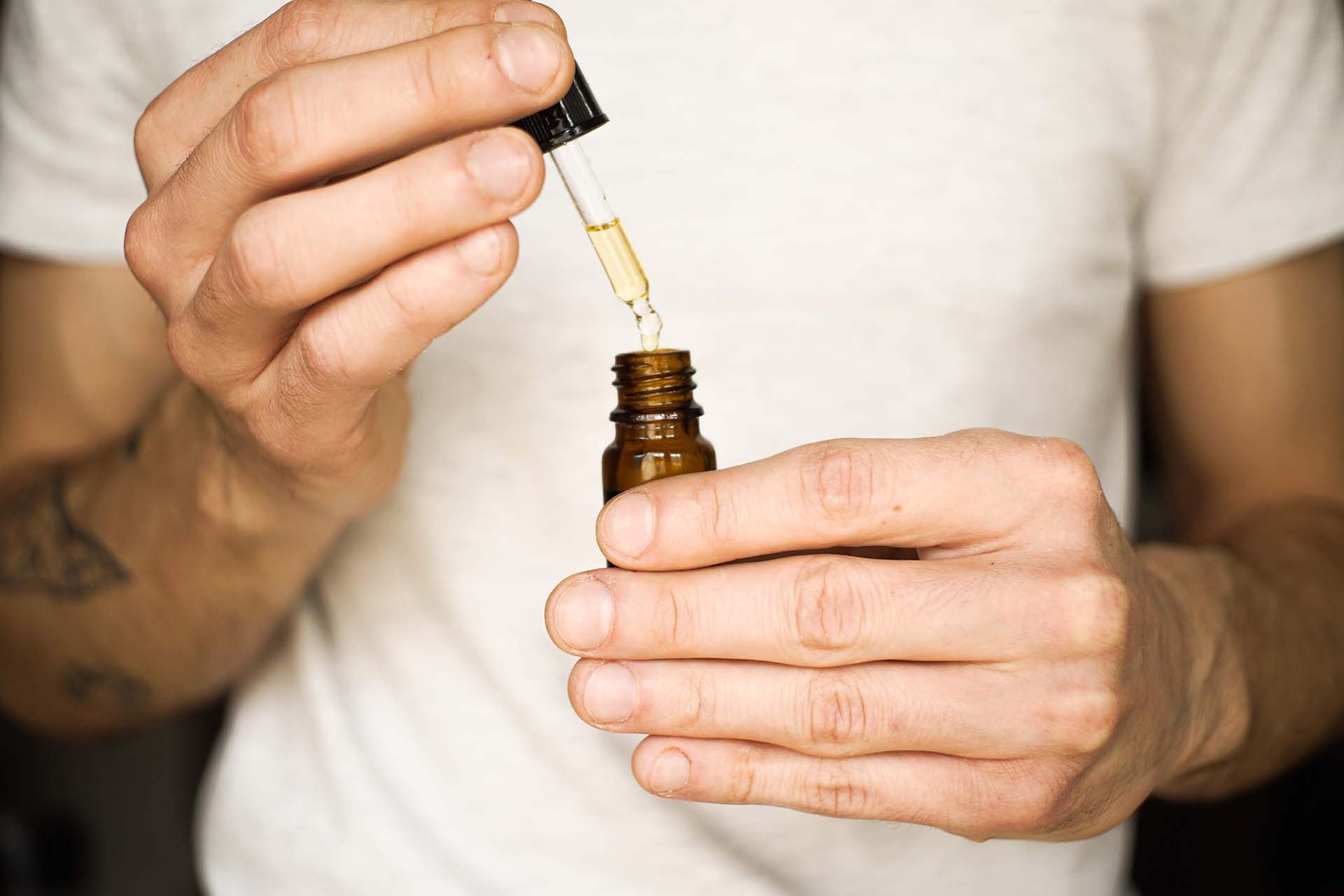
How long does CBD's effects last for?
The duration of CBD's effects can vary significantly between individuals, but generally, it's considered that they can last anywhere from around 2-6 hours. The onset and longevity of these effects depend on several factors such as the consumption method, dosage, individual metabolism, and even dietary habits. CBD vape, for example, has a quicker effect onset due to direct inhalation into the lungs, bypassing the digestive system.
While effects can differ from person to person, they are often reported to manifest as a sense of relaxation, calmness, and well-being. Some people may also observe a reduction in discomfort or an improvement in sleep quality. However, it's essential to remember that everyone's experience with CBD is unique, and these effects are not guaranteed.
What can impact the longevity of CBD's effects?
Understanding the factors that affect the duration of CBD's effects can help you make the most of its potential benefits. Three crucial factors play a significant role - the method of CBD consumption, the dosage, and the food you consume.
Different Types of CBD Method
The method you choose to consume CBD can greatly impact how long its effects last. For instance, a CBD vape takes effect quickly and may wear off faster as well, typically offering immediate results that last for a couple of hours. This is because when you vape CBD, it is directly inhaled into the lungs and enters the bloodstream almost immediately, bypassing the digestive system. On the other hand, CBD oils and tinctures taken sublingually (under the tongue) can take longer to kick in but may last longer, typically for up to four to six hours.
How Much You Take and How Often
The quantity of CBD consumed and the frequency of usage also play significant roles in determining how long the effects will last. Generally, higher doses of CBD may lead to more pronounced and longer-lasting effects. If you take CBD regularly, there may be a cumulative effect, with the compound building up in your system over time and potentially leading to a more lasting effect. However, it's important to approach dosage with caution, starting with a smaller amount and gradually increasing over time as needed. Avoid taking excessively large doses without the advice of a healthcare professional.
The frequency of CBD use also influences how long it stays in your system. Regular, consistent use may result in the compound being detectable in your body for longer periods. This is because CBD, like many other substances, can accumulate in the body with repeated use.
What You Eat
What you eat when you take CBD can also impact how long its effects last. Consuming CBD on an empty stomach can result in a quicker onset of effects, but these may not last as long as when taken with food. This is because when CBD is taken with food, especially a meal high in healthy fats, it is absorbed more slowly into the bloodstream, prolonging its effects. Remember, everyone's metabolism is different, so the amount and type of food can cause variations in the experience.

How long does CBD stay in your system?
While the effects of CBD are generally felt for 2-6 hours, research suggests that it remains detectable in your system for a much longer period. Studies indicate that CBD can persist in your body for up to 85 hours before it's completely metabolized and excreted. This extended presence of CBD is attributed to its storage in the body's fat cells.
As it gets released slowly over time, traces of CBD can continue to be identified in blood, saliva, hair, and urine tests even after the immediate effects have subsided. It's important to note that numerous factors, including the method of CBD consumption, dosage, frequency of use, and individual metabolic rates, can influence this timeline. Therefore, the exact duration of CBD's presence in your system can differ greatly among individuals.
To wrap things up
In conclusion, CBD's effects are a dynamic interplay of various factors, including the consumption method, dosage, frequency of use, and even dietary habits. While a quick result may be experienced when using a CBD vape, other methods such as sublingual delivery may offer prolongation of the effect.
It's crucial to understand that the effects of CBD aren't universal - they can vary drastically among individuals. The compound may remain detectable in the system for a significantly extended period, long after the immediate effects have subsided. As we navigate the evolving landscape of CBD research, it's paramount to approach its usage responsibly and always consult with a healthcare professional before beginning or altering your CBD regimen.


